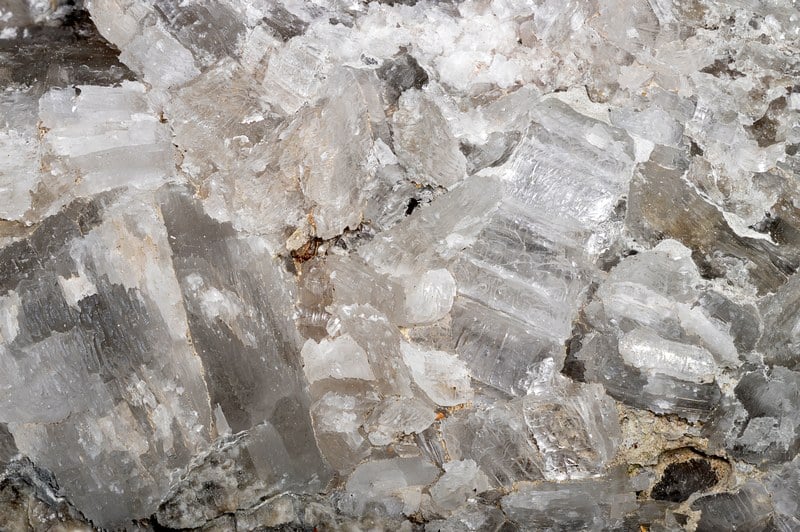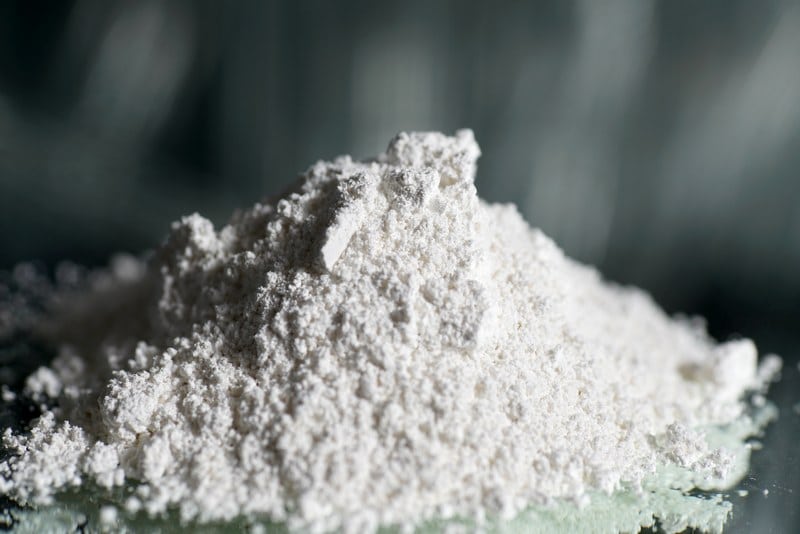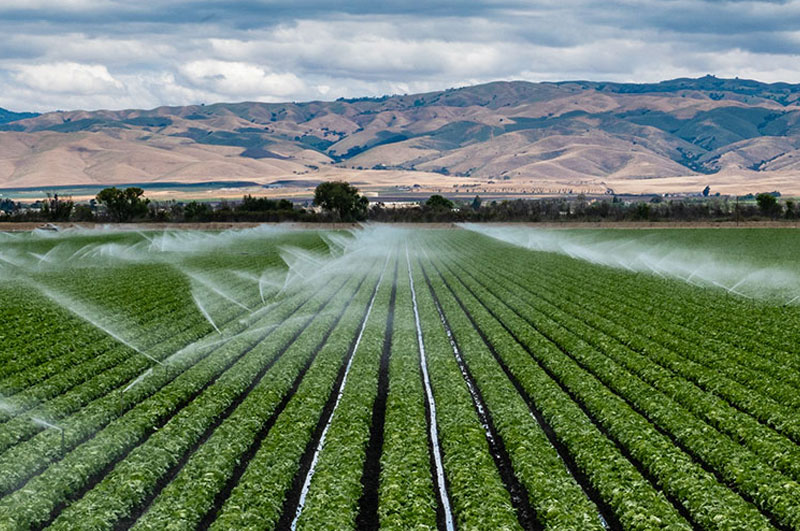REGENERATIVE AGRICULTURE









Soluble vs Insoluble Calcium Sulfate Dihydrate


- I am being told that there is already a lot of calcium in my soil. Why should I apply more?
- Not all calcium is soluble. Calcium Carbonate – Limestone -, for example, is not soluble. As a result, this insoluble calcium is not available to the plant’s roots – it cannot be absorbed by the plant – and, therefore, cannot provide the vital nutrient of calcium to the plant.

- If you are requesting a soil analysis, request a test for active or soluble or extractable calcium. Without extractable calcium your plants/crops will not grow as they should. The insoluble calcium is not providing any benefits to your plant/crop.
- Both gypsum (Calcium Sulfate Dihydrate) and anhydrite (Calcium Sulfate) have the same solubility of 0.205 grams per 100 grams water (2019 CRC Handbook of Chemistry and Physics). This has also been verified by many field trials by soil scientists, agronomists, and western farmers. The solubility of 0.205 grams per 100 grams water equates to: 0.205 grams/100 grams water = 0.0171 pounds per gallon = 5,575 pounds per acre foot water. Therefore, the maximum solubility of gypsum or anhydrite in one acre foot water (325,851 gallons) is 5,575 pounds.






-
- Both gypsum (Calcium Sulfate Dihydrate) and anhydrite (Calcium Sulfate) have the same solubility of 0.205 grams per 100 grams water (2019 CRC Handbook of Chemistry and Physics). This has also been verified by many field trials by soil scientists, agronomists, and western farmers. The solubility of 0.205 grams per 100 grams water equates to: 0.205 grams/100 grams water = 0.0171 pounds per gallon = 5,575 pounds per acre foot water. Therefore, the maximum solubility of gypsum or anhydrite in one acre foot water (325,851 gallons) is 5,575 pounds.

- Limestone (calcium carbonate) is 150 times less soluble than gypsum and effectively insoluble. This means it provides no direct benefits to the plant, although Limestone is very necessary in acidic soils, and should never be used if soil pH is above 6.4.
- EcoGEM Soil Enhancer Ag Grade is a dihydrate with small particle size and will provide your soil with extractable, soluble Calcium without impacting your pH. .






